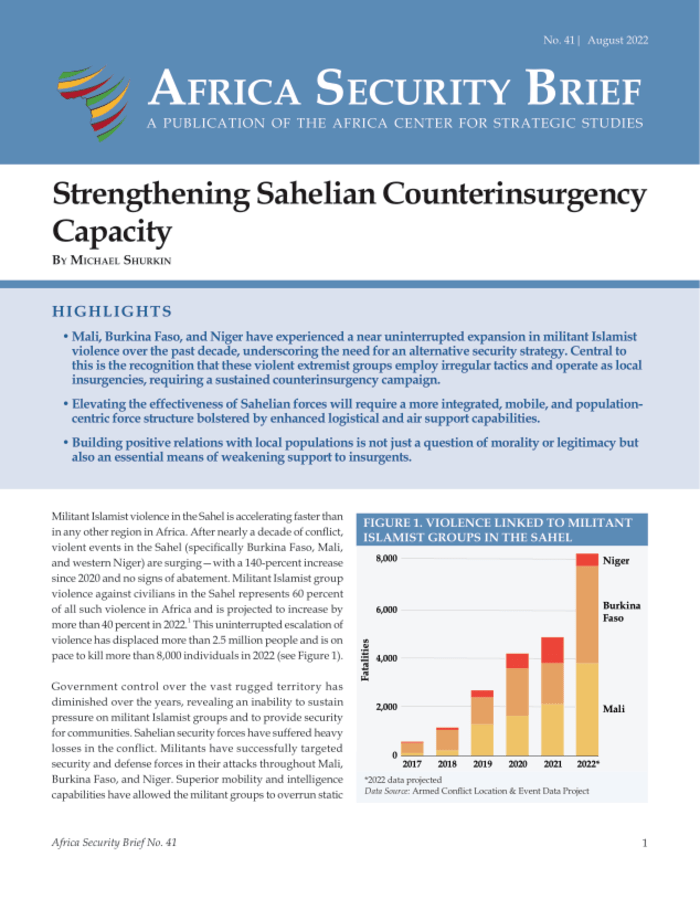74% of employees in South Africa say that robots should be more widely used in production, but fear robot hacking


According to Kaspersky (www.Kaspersky.co.za) research, employees in South Africa believe that the better robots become at different tasks, the fewer jobs will remain for humans. The majority of local employees surveyed (74%) believe that robots should be more widely used across different industries, however, many fear robot hacking.
Today robotics are used together with industrial control systems and other information technology to handle production processes, replacing manual labour and improving efficiency, speed, quality and performance. Kaspersky conducted a study to learn the opinion of employees of manufacturing companies and other large organisations around the world about the consequences of automation and increased use of robots. The goal was to see what employees think about the security of robots and automated systems in their companies. The survey included respondents from Saudi Arabia, UAE, Turkey, Egypt, and South Africa.
Employees reported an increase in robotisation level in their companies over the last 2 years. 33% of employees from South Africa said their organisations already use robots, 39% of local organisations plan to use them in the near future.
Research showed that people expect job loss because of robotisation. The better robots become at different tasks, the fewer jobs will remain for humans. The majority of employees surveyed in South Africa (92%) believe robots will eventually replace humans in their industry. As robots are advancing in all market sectors, humans need to receive new knowledge and skills not to lose their job to robots. And they are ready to do so: among those who think that their jobs could be replaced by robots, the majority (75%) are willing to learn new skills or improve their existing skills and expertise.
At the same time, many employees remain optimistic in view of robots taking away jobs. They think robot adoption will make humans’ roles safer and intellect-demanding, along with increasing the efficiency of production. 48% believe that enough new jobs will be created to counter the loss of jobs to robots. More jobs will emerge for programmers, data scientists, and engineers – these people will drive robot adoption in the…




